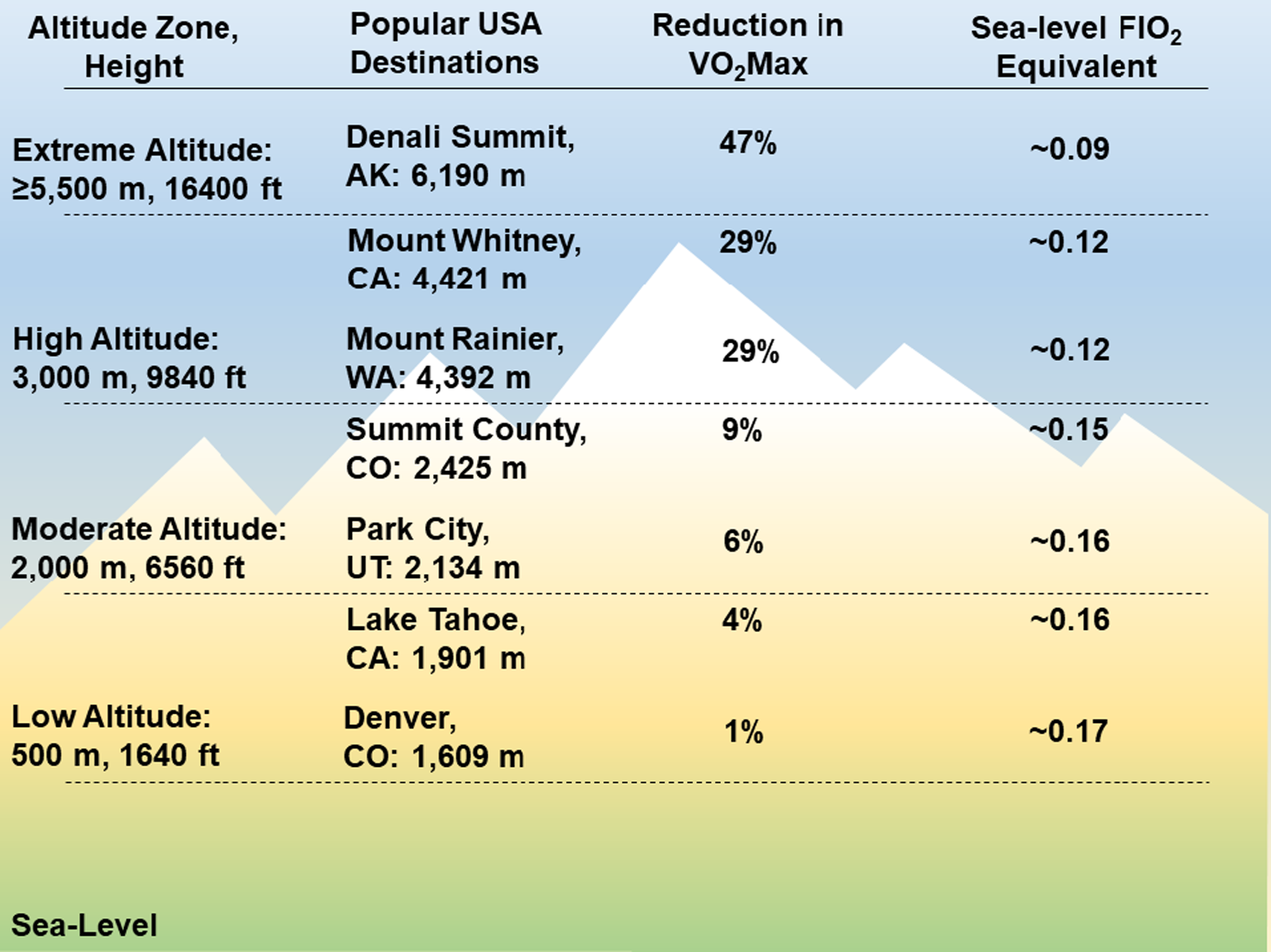Introduction: Elevated Heart Rate or Heart Rate at Elevation? A Study on the Effects of Elevation on the Heart Health of BASIS Flagstaff’s Physically Active Teachers.
Eugene j -
Hi everyone! My name is Eugene J, and I’m a senior at BASIS Flagstaff doing a Senior Project.
For my project, I will be analyzing how elevation and different types of workouts impact the heart health of adults. I have always been interested in health and biology, so when I was given the opportunity to do a Senior Project, I had many, many ideas. I chose to focus on heart rate as my central topic due to a multitude of reasons. Heart health is extremely important as Cardiovascular Disease (CVD) has been the leading cause of death worldwide for the past twenty years. Two major predictors of CVD are a person’s VO2 max, the maximum amount of oxygen a person can use while exercising, and resting heart rate. Consistent physical activity can improve these variables. However, elevation also affects them. As Flagstaff is at a high elevation, I was interested if this had an effect on VO2 max and heart rates.
My goal is to gain a better understanding of how Flagstaff’s elevation of 7,000 feet affects physically active inhabitants by using volunteering BASIS teachers who consistently exercise and record their health using a fitness watch as a sample population.
From my initial research, I have gained a better understanding of how elevation impacts VO2 max. However, I also found that there is limited data from specific elevations. According to the American Heart Association, healthy people won’t need to worry about “moderate elevations” of 6,560 feet to 9,840 feet, but this is a wide range that has different health effects.

Flagstaff is at an altitude of 7000ft, on the low end of Moderate Altitude. The effects at Moderate Elevations are mostly extrapolated from results from High Elevations. However, due to being on the lower end of Moderate Altitude, I believe any extrapolation for Flagstaff would be inaccurate. Additionally, because Flagstaff is a newer settlement, the population would be unlikely to have any genetic adaptation to the elevation, so sampling the population would result in data close to whether a person from low elevation was to adapt to the altitude over the years.
I have an internship with BASIS Flagstaff’s Track and Field program. The program coordinator and coach will help me understand the differences in exercise types and how different schedules and intensities impact health.
I will use the data collected from my population’s fitness watches to understand their personal fitness in relation to their unique workouts and how the elevation likely affects them. This method allows me access to a vast amount of data without the need to put these volunteers through any physical exertion they wouldn’t normally do. With this data, I will better understand the effects of different types of physical fitness on health and avoid CVD at elevations around 7,000 feet.
Thank you for reading.

Comments:
All viewpoints are welcome but profane, threatening, disrespectful, or harassing comments will not be tolerated and are subject to moderation up to, and including, full deletion.